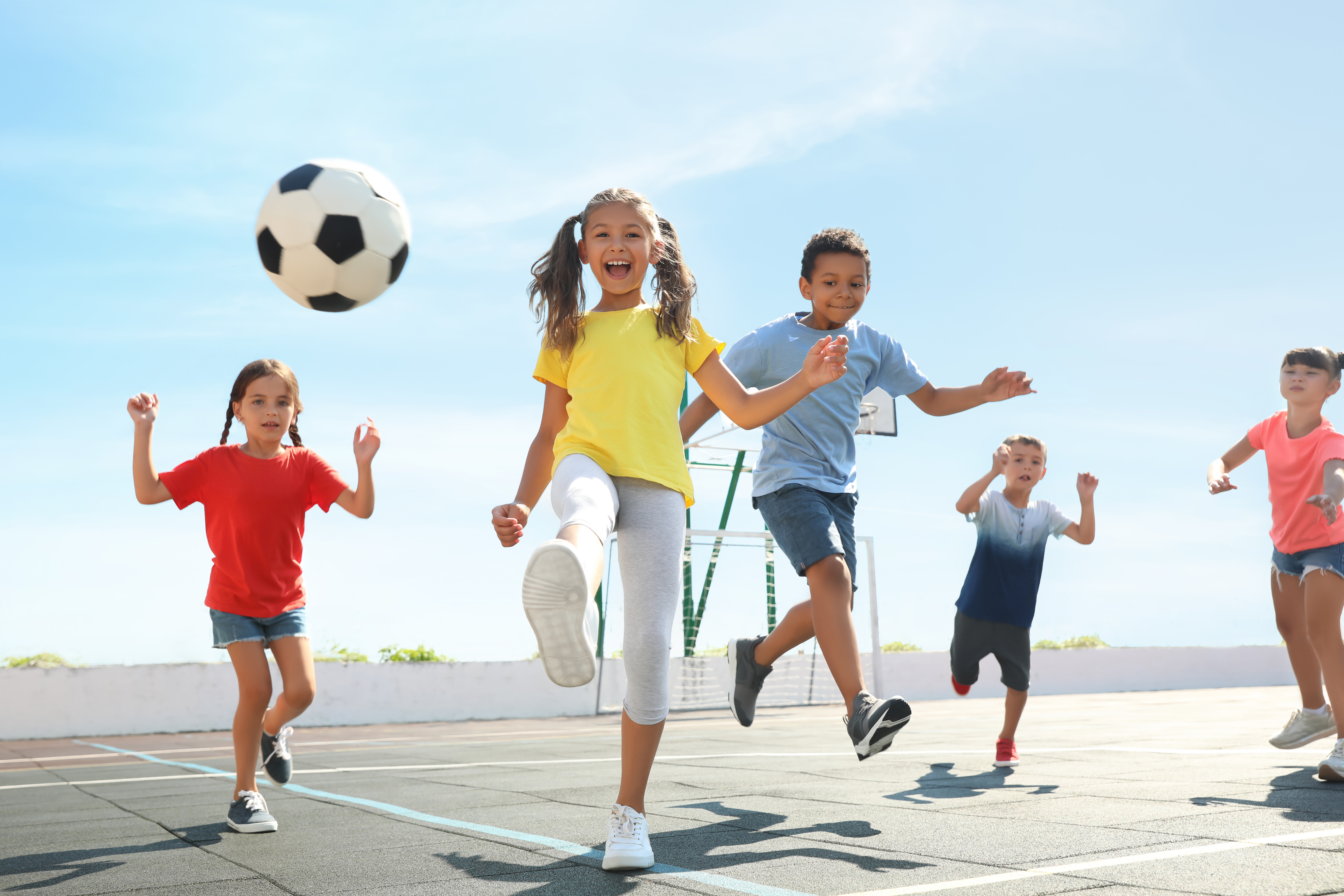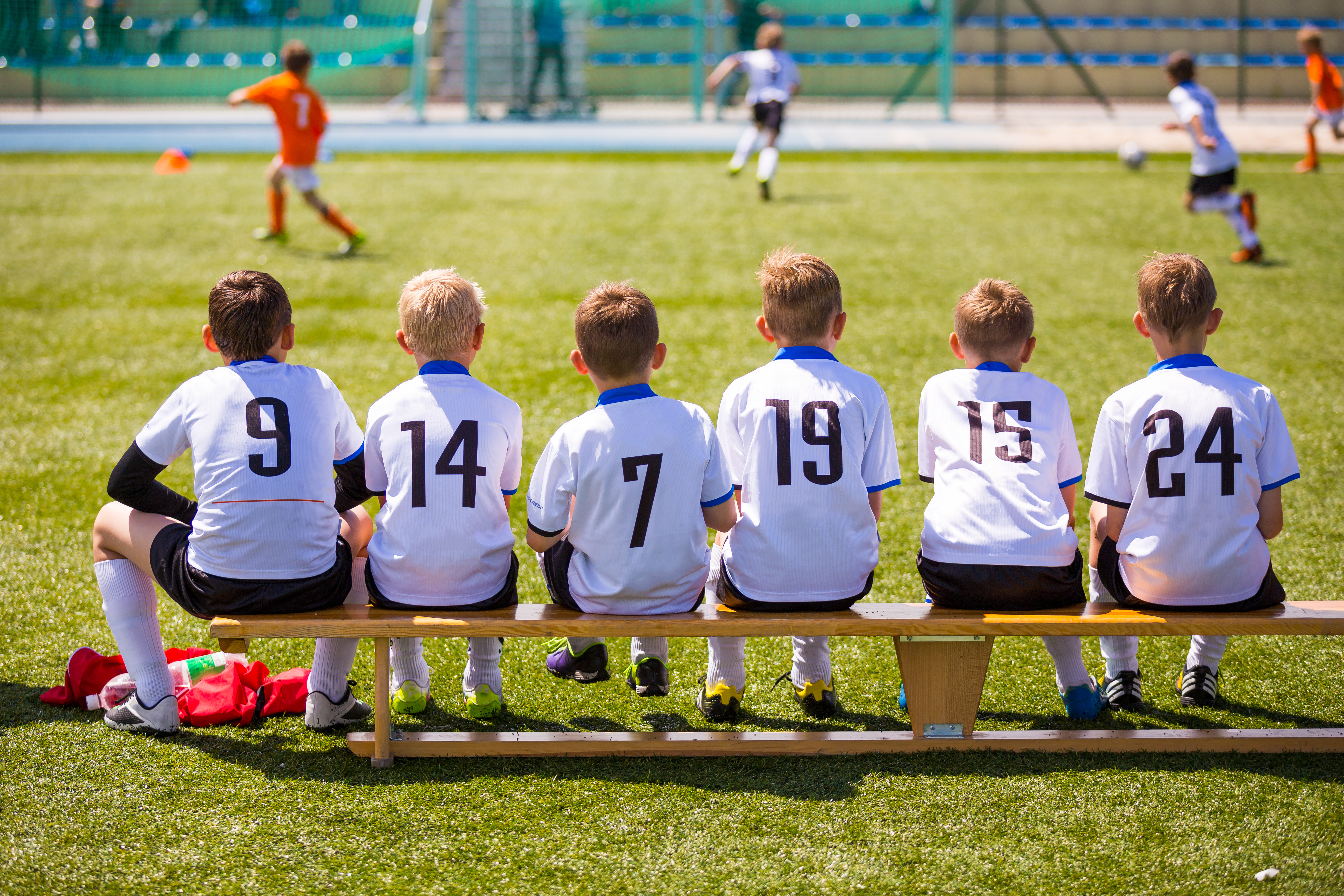The Tween Council is a company-wide research project, spanning multiple markets and thousands of participants, with the purpose of better understanding the enigma that is pre-adolescent children. Affectionately assigned the nomenclature ‘tweens’, this demographic is made up of 7 - 12 year olds who exist within the interesting situation of having independent thoughts and opinions, without the freedom or funding to act on them (a fact I’m glad of, otherwise I would currently be caring for a wizened and very expensive pony). To better understand tweens from across the world, we talk to them. We pose questions directly to children of this age group and allow them to voice their understanding of the world as a young person, which provides us the insights we need to advise our clients. These unique insights lend incredible food-for-thought to us jaded adults, fuelling insights and research to come.
A previous project of the Tween Council was “Food and Me”, 2022, with the purpose of investigating tweens’ approaches to food. Conducted in the latter half of 2022, the Food and Me Tween Council consisted of short research sessions with tweens across seven markets. The result was a detailed and nuanced understanding of tweens' relationship and approach to food, unearthing a plethora of interesting insights regardings behavioural patterns, household spending and next-steps in sustainability. Key highlights include tweens’ approaches to international cuisine, development in food preparation skill and enjoyment, and their surprisingly comprehensive understanding of the relationship between food production and environmental issues. Such insights into tweens’ approaches to food has had useful and practical implications to marketing strategies and content: by incorporating children’s preferences into the household meal plans, highlighting brand sustainability or deciding which markets to enter across the world, brands can snag a tweens interest more effectively.
This time around, our team has tackled the beast that is SPORTS! Capitalised to illustrate its inherent exciting nature, the great breadth and depth of a topic so vague as SPORTS! has led to an interesting research project with many cross-office discussions on the specific economic status associated with yachting, the benefits of team sports’ social nature and more. I myself am an avid rugby fan (I’m very proud of my South African Bokke winning the Rugby World Cup) and am particularly vocal when these discussions take place. With research and marketing strategies constantly evolving to produce multi-industry conversations surrounding children in sports, we wanted to find new ways to approach the SPORTS! beast and bring a new analytic lens to the topic. From investigation into previous research surrounding the topic, we have seen very little representation of tweens from their own perspective, offering little understanding as to what they think about the issue themselves. To supplement this, we talk directly to tweens, in several different markets and about the issues that face them today and in the future.
Within the process of better understanding tweens’ current sporting practices, we invited a number of external partners to review our research objectives. Enlisting the specialist knowledge of government bodies, professional team managers, academics and more, we ensured the processes and products of our Tween Council 2023 research would be most useful to the industry surrounding sports participation and fandom on a global scale. This highlighted interesting global experiences of promoting and facilitating sports participation and fandom from different markets: targeting schools or private clubs to increase participation, promoting national or global professional competitions, incorporating strategies to produce trendy product designs and so on. Thus, the insights available in our report will be as useful to as many potential clients as possible, tailored to their needs as a result of speaking directly to them in the first place.


